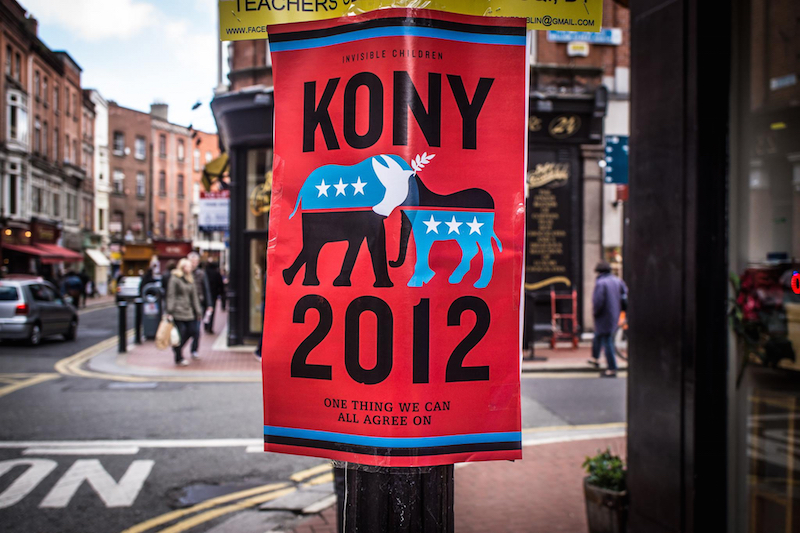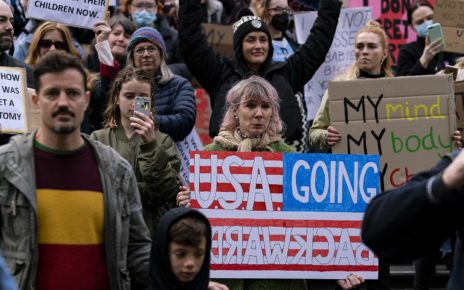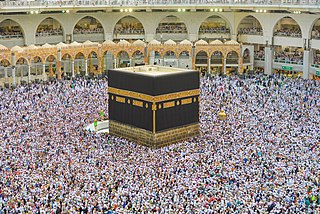Ukrainian Elections
Ian Litschko:Were the results of the elections expected?
Dr. Lada Roslycky: It turned out how it was expected. The elections have been, preliminarily, confirmed by the OSCE and the international community as free and fair. However, there are many cases of unsatisfied people that have been brought to courts. Long after the election date they were still counting the votes.
 Some chaos and uncertainty arose regarding the single mandate voting. An unexpected order was given on Election Day concerning single mandate voting in special precincts, which caused confusion. Voters not registered in the district were suddenly allowed to vote. Some members of the electoral commissions did not trust the order. This resulted in certain precincts allowing non-resident voters to vote in the single mandate elections while in others they were not – potentially impacting the right of universal suffrage. Also, from what we saw in Kharkiv, an entire precinct of 240 voters disappeared. We looked for it, but it doesn’t seem to exist. Perhaps the Central Electoral Commission made a mistake and corrected it.
Some chaos and uncertainty arose regarding the single mandate voting. An unexpected order was given on Election Day concerning single mandate voting in special precincts, which caused confusion. Voters not registered in the district were suddenly allowed to vote. Some members of the electoral commissions did not trust the order. This resulted in certain precincts allowing non-resident voters to vote in the single mandate elections while in others they were not – potentially impacting the right of universal suffrage. Also, from what we saw in Kharkiv, an entire precinct of 240 voters disappeared. We looked for it, but it doesn’t seem to exist. Perhaps the Central Electoral Commission made a mistake and corrected it.
Trusting the professionalism of international organizations, it is nonetheless difficult not to empathize with the voters in Ukraine. Particularly with those who were unable to vote out of fear or terrorist threats which forced the closure of certain precincts.
IL: Despite Yulia Tymoshenko’s past popularity in Ukraine, why do you think her Fatherland party did so poorly in the elections?
LR: There are many reasons for this. A severe lack of trust is probably the main one. Her past and political in-fighting aside, I believe her appearance on the stage of EuroMaidan immediately following her release caused harm to her level of trust. It may seem very trivial, but, when she came on stage in a wheelchair, wearing very high heeled shoes and delivered a speech on how Ukrainian politicians are not worthy of the people, her words seems to have backfired on her. Her decision to give Nadia Savchenko – the pilot currently under infamous arrest in Russia – the first place one on the party list also seemed to irritate the electorate.
Mrs. Tymoshenko could be one of the strongest people in politics and do great work to fix some of the problems. However, she is seen as having played a significant role in creating the gas crisis in Ukraine, which is a major concern right now. I think the party’s poor showing in the election is a sign that the people don’t believe her anymore.
However, what does surprise me is that her party received so few votes. Many names on her party list belong to bright, young people who studied abroad and wanted to come back and work for the betterment of Ukraine. In a sense, her profile appears to have punished these young people for coming back to Ukraine and wanting to get involved in politics. Maybe after this, Mrs. Tymoshenko will become a bit more humble. I foresee her reaching out to the youth, creating NGOs and carrying a strong, albeit small voice in the parliament.
IL: Will the elections held by the self-proclaimed republics help stabilize the area so reconciliatory efforts can begin?
LR: Not likely; calling what took place in these territories on November 2 “elections” is unacceptable, let alone recognizing them as fair and free and legitimizing the terrorist leadership.
Although there are people in these places who still believe the Soviet Union and Russia are the best thing for the world, the farcical events which took place in Ukraine on November 2 have infuriated much of Ukraine, including the internally displaced persons and members of the international community
I have interviewed a number of people from those areas, some had even supported the idea of greater autonomy back in March. Now they regret it, realizing that the greater autonomy they were promised is not what they thought was coming. By the time they realized it, it was too late.
IL: With the DPR and LPR having held their own elections, what does the future hold for Ukrainian democracy if these two regions, recognized by Kiev as part of Ukraine, cannot be included in the Ukrainian political discourse as active participants, even with their own electoral process?
LR: Once again, I have a hard time hearing those events identified as elections. However, I understand your question and will answer it like this:
In the best case scenario, Ukraine’s new democratic president and government will work effectively, bringing the terrorists and those backing them to justice. The international community will co-operate by stepping-up and giving credence to the rule of international law by helping Ukraine defend itself against the aggressor by providing Ukraine – particularly its armed forces – the necessary training and aid. International justice will be restored by freezing and recovering the billions of dollars siphoned out of Ukraine and, efforts initiating an international tribunal will succeed.
In the worst-case scenario, hundreds of thousands will die and Ukraine will lose Crimea, Donbas then Mariupol, its ports, including Odessa to the effective control of the Russians. Transdniestria will link-up to the land-bridge. France will deliver the Mistral, and, Russia will be on the EU’s doorstep, changing geopolitics as we know it.
I am very concerned for the well-being and freedom of those living there.
Nota Bene
Very recently, the world joined Germany in celebrating the fall of the Berlin wall; the ending of Russian-backed Communism in Eastern Germany, where Vladimir Putin served. That event effectively ended the Cold War. We cherish the freedom of the liberated “East Germans”, whether or not the German government and international community shall likewise cherish the freedom of Eastern Ukrainians remains to be seen.
Previously, Dr. Lada Roslycky discussed the current situation in Ukraine, and is available here.




